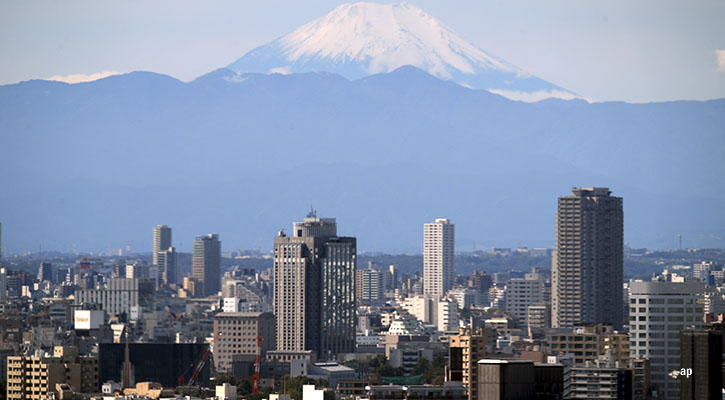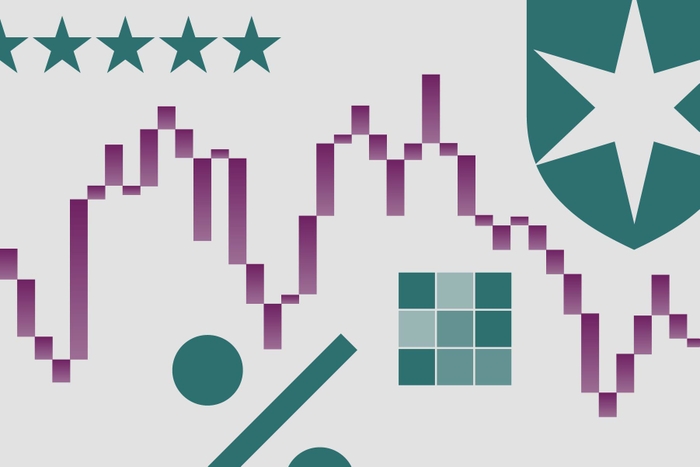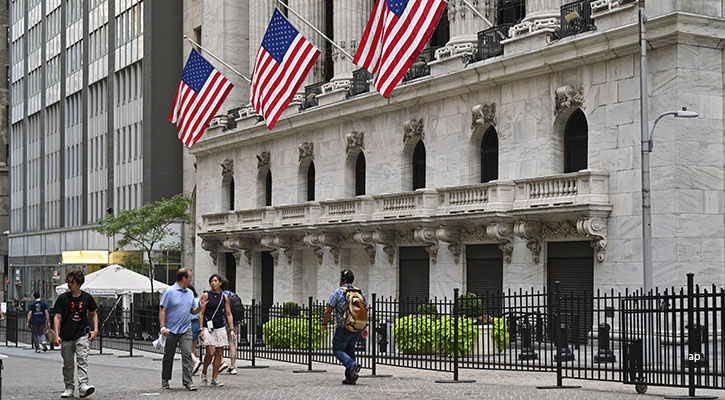Executive Chairman of Templeton Emerging Markets Group, Dr. Mark Mobius, shed lights on topics such as their team structure, how various risks have affected their investment decisions, and the major portfolio changes over last year.

Category Winner: Best Global Emerging Markets Equity – Templeton Emerging Markets Smaller Companies A Acc USD
Key Stats
Inception Date: 2007 Oct 18
Morningstar Rating (as of 2015-02-28): ![]()
Total Net Assets (Mil, as of 2015-03-31): 423.65 USD
Manager: Mark J. Mobius, Tom Wu, Dennis Lim
Manager Start Date: 2007 Oct 18
M: Morningstar F: Dr. Mark Mobius
M: Could you highlight any major changes you made to the portfolio over the course of 2014? Were there any particular holding that drove the fund’s performance for the year?
F: The portfolio did not change substantially during the year except for slight increases in India, Turkey and Korea holdings and increases in consumer products. What helped the portfolio performance was holdings in India, Turkey, Brazil and Egypt. Investments in the Automobile, Banking and Consumer Durable sectors were particularly beneficial.
M: What is your economic outlook for 2015 specific to the markets you cover and how are you positioned to take advantage of opportunities and/or mitigate potential risks?
F: Almost all emerging markets have had currency devaluations and is true of the major markets in this portfolio. In addition interest rates have been low and trending lower. Lower commodity prices have also been an important development. We therefore need to be focused on companies that benefit from a weak local currency and low commodity prices. At the same time there is a risk of higher interest rates which could impact the debt of companies so we want to be invested in companies with strong balance sheets.
High economic growth rates remain a key attraction of emerging markets. Even with major economies like Brazil and Russia slowing down, emerging markets’ growth in 2015 is expected to be comfortably in excess of that achieved by developed markets, with China and India driving Asia to particularly strong growth. In addition, what also makes emerging markets attractive to us is the fact that they have much less debt and significant foreign reserves compared to developed markets.
It is important to remember that emerging market countries represent a large share of world economic activity and equity market capitalization. Thus, we believe that investors cannot afford to ignore this asset class.
M: Can you comment on the macro risks facing the global economy, including potential US rate hikes, QE programs in the Eurozone and Japan, and the growth headwinds facing the emerging world? How do these risks affect your investment decisions?
F: It remains to be seen if, in fact, any increase in interest rates will actually take place in a meaningful way. With the risk of deflation it will be difficult for central banks to justify increases in interest rates. Nevertheless if interest rates rise the impact will depend on inflation. Real interest rates are the key (interest rates minus inflation). If the real rates are high where the interest rate is substantially higher than inflation, then we think markets around the world, including emerging markets, will be impacted.
The US Federal Reserve will probably try to raise interest rates but very gradually, and if they notice an economic downturn they will back off quickly. The expanded money supply in Europe and Japan will feed markets not only in those areas but also around the world. We must remember that money travels globally so large amounts of Yen will probably find their way to Southeast Asia and other parts of the world, for example.
M: How is your investment team organized? Have there been or do you anticipate any changes to the investment team or structure over the course of the year? Do you anticipate adding to the team in the near future?
F: We have 18 offices around the emerging markets word in Latin America, Eastern Europe, Africa, the Middle East and Asia. In total there are 50 analysts working in the emerging markets group. We are at an optimum level of staffing now and are able to utilize the proven experience of our analysts effectively. The average years of service for the entire team is nine years and 10 members have been with us for over 20 years. We are organized by major regions and also by sector responsibilities. Our Emerging Markets Database contains a Master List of 25, 000 companies. We continually work on improving our research efforts to uncover the best investment bargains in the emerging markets world.
M: Can you highlight any areas where you feel that the investment team or the investment process can be improved upon?
F: There is always room for improvement in terms of our research efforts and database. With the introduction of new computer and information systems we have the opportunity to increase the speed of our data gathering and decision making.
Click here to see other winner features.

















